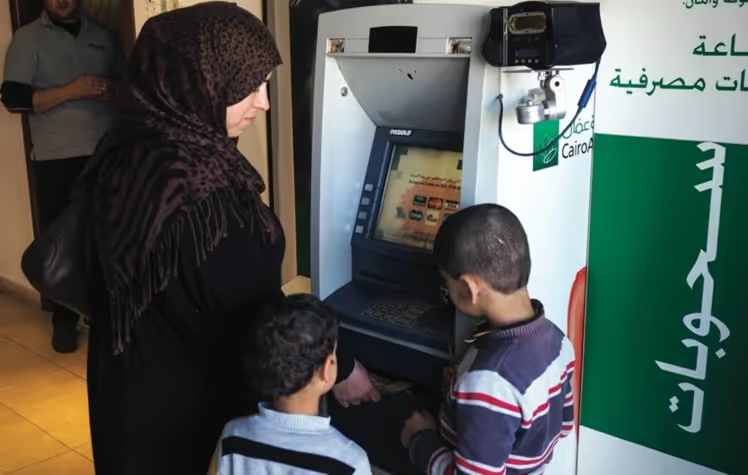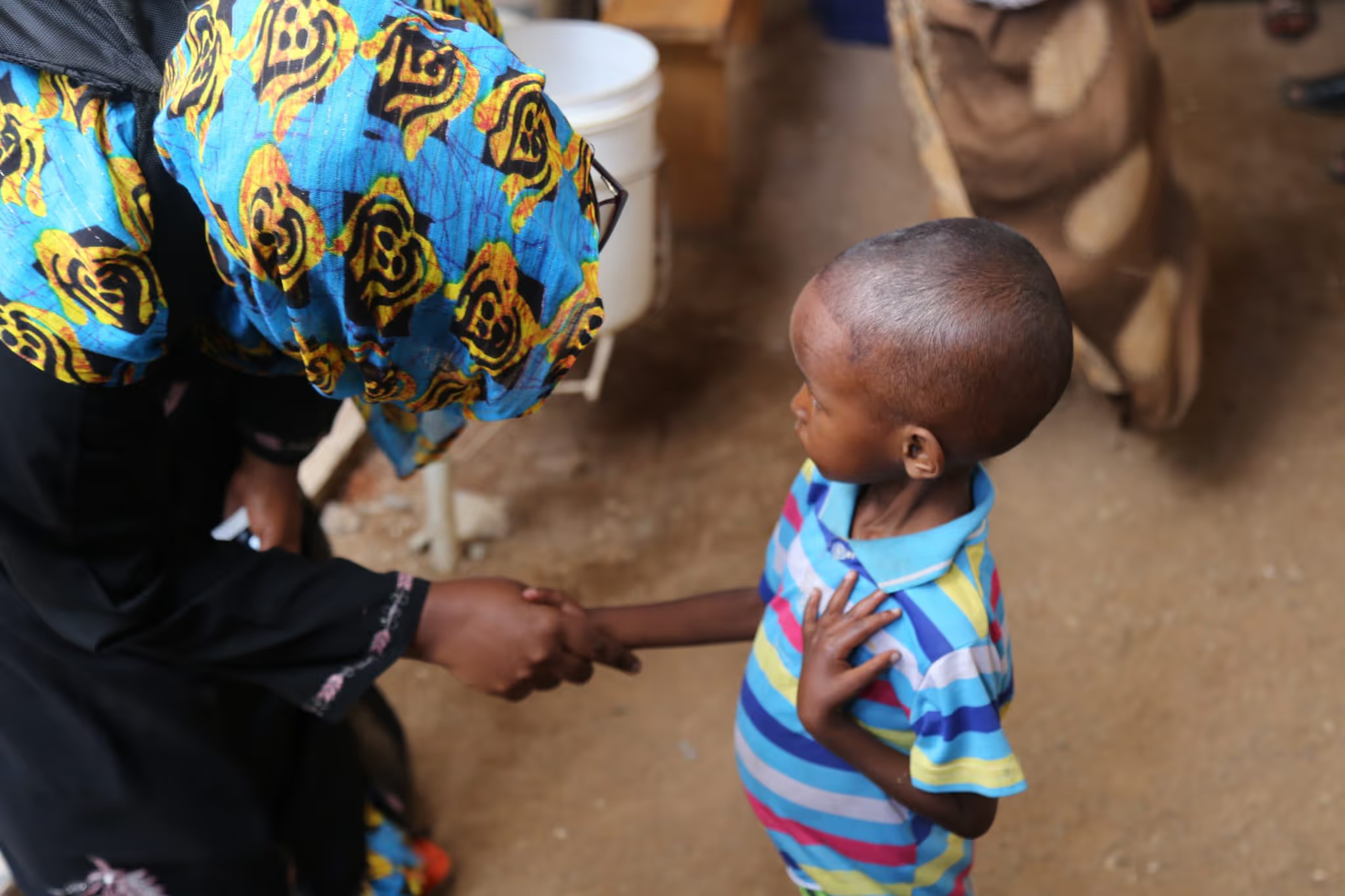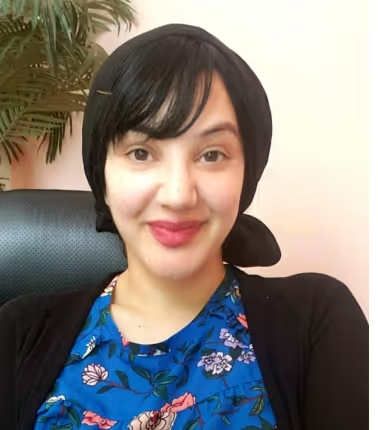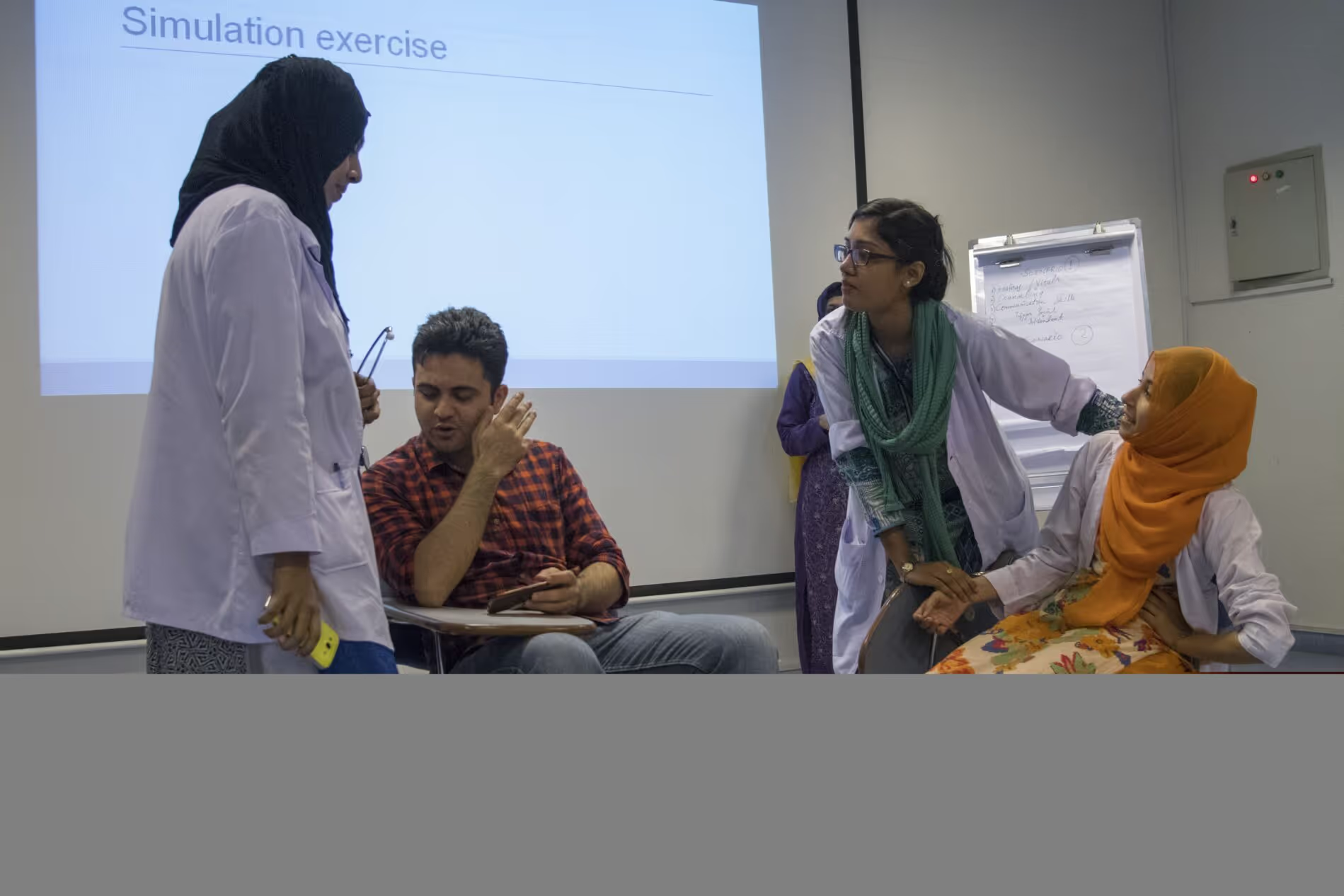Multi-purpose and conditional cash-based transfers (CBTs) and public health among Syrian refugees

Project overview
The research undertaken in Jordan investigates the effect of cash assistance and health education on health-seeking behaviour, service utilization, and clinical outcomes for diabetes to inform health sector program design for current and future humanitarian responses.
Project solution
This project offers [specific solution or intervention] to tackle [challenge]. By implementing [strategies, tools, or innovations], the project aims to achieve [desired outcomes]. The approach is designed to [specific actions or methods] to bring about meaningful change in [community, region, or issue area].
Expected outcomes
This project aims to achieve [specific outcomes], such as [measurable results, improvements, or changes]. The expected impact includes [benefits to the target community, advancements in research or innovation, or long-term effects]. By the end of the project, we anticipate [specific changes or milestones] that will contribute to [broader goals or objectives].
Principal Investigator: Shannon Doocy, Johns Hopkins
Research Snapshot: Can cash transfers help Syrian refugees manage diabetes?
This is the first of two Research Snapshots summarising findings of the research. This snapshot focuses on Conditional Cash Transfers (CCTs).
[.cta_link]View[.cta_link]
Research Snapshot: Multi-purpose cash and health among Syrian refugees in Jordan and Lebanon
This is the second of two Research Snapshots summarising findings of the research. This snapshot focuses on Multi-Purpose Cash Transfers (MPCs).
[.cta_link]View[.cta_link]
Photo credit: UNHCR / Mohammad Hawari
What did the study set out to achieve?
The research undertaken in Jordan investigates the effect of cash assistance and health education on health-seeking behaviour, service utilization, and clinical outcomes for diabetes to inform health sector program design for current and future humanitarian responses.
In recent years, cash assistance has rapidly expanded in the Syrian refugee response in Jordan and Lebanon, as well as in global humanitarian programming. This study examined the effects of Multi-Purpose Cash Transfers (MPCs) on health-seeking behaviour, health service utilization, and health expenditures to provide much-needed evidence to inform use of cash transfer programs in current and future humanitarian responses.
What were the key findings?
Study findings suggest that conditional cash or a combined cash and health education intervention are promising strategies to support diabetes control among refugees; but that MPC alone is insufficient to achieve improvements in the health of refugees with diabetes.
While MPC may have some positive effects, findings were mixed and MPC appears insufficient on its own to address health utilization and expenditures. Though MPC should not be considered as a stand-alone health intervention, some findings may be positive for humanitarian response financing, given the potential for investment in MPC to translate to savings in the health sector response.
What does this mean for policymakers and practitioners?
When considering cash transfers and NCDs, humanitarian agencies implementing largescale unconditional cash transfer programs should consider targeted top-ups for individuals with chronic diseases to reduce financial access barriers to medication and care.
Organizations working in the health sector should continue community health education interventions and where possible, provide conditional cash or coordinate with others providing cash transfers to maximize benefits.
Project delivery & updates
Stay up to date with the latest developments from this project. Here, you will find details on what has been delivered, resources created, and regular updates as the project progresses. Access key documents, reports, and other materials to see how the project is making an impact.







